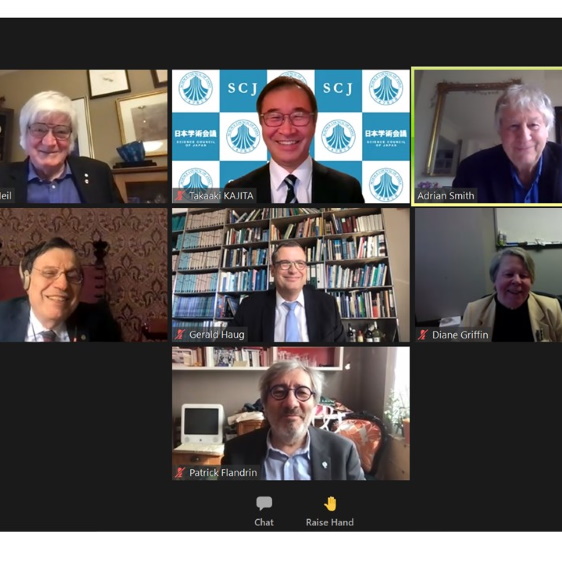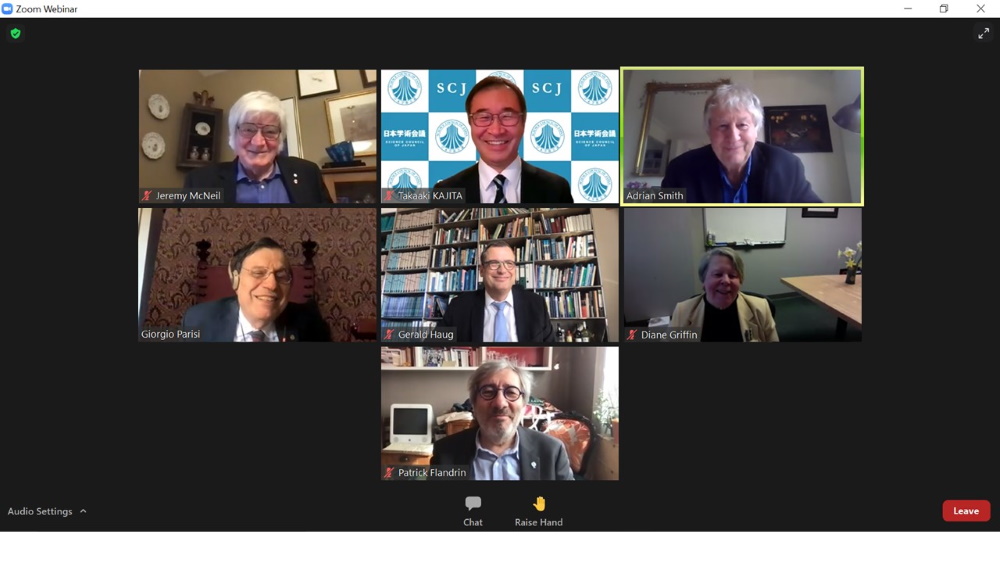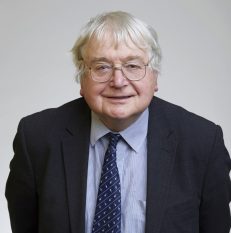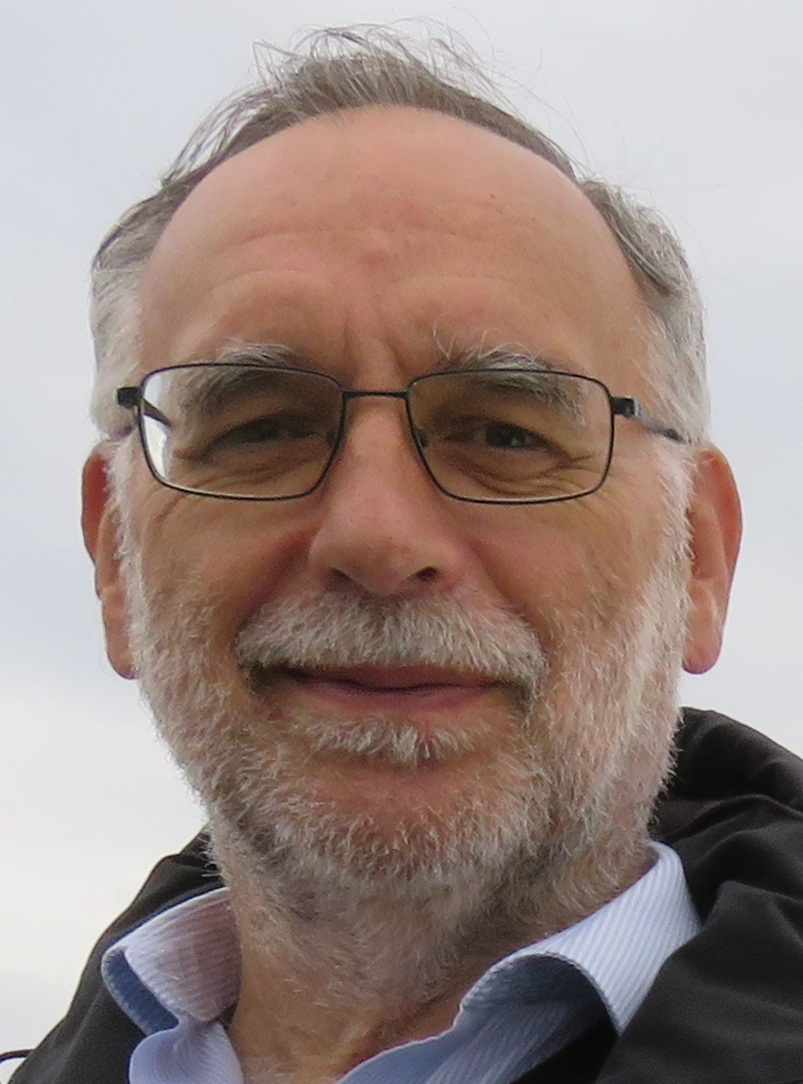Sir Richard Catlow, former Foreign Secretary and Vice-President, the Royal Society, considers what G7 has meant for science.

Summer 2021 saw much in the news about G7, with the UK hosting the Group of Seven meetings, and large government delegations descending on Cornwall. G7 has been replaced by COP26 dominating the headlines, but of course much of the discussion on science has had a common underpinning and aim at both fora.
S7 may conjure images of a Samsung Galaxy phone, or Russian airline, or a pop group (ok, that was S CLUB 7). But in this context, it simply stands for “Science 7” – a grouping of the science academies from the G7 nations.
The Royal Society started planning for its input to G7 in early 2020, with discussions with the academies from the other G7 nations, forming a group of “S7” – the Science 7 academies. One strength of the S7 is that it is able to bring together a wide range of expertise to help solve some of the critical challenges countries face.

Image caption: S7 President's Meeting, held March 2021 over Zoom.
During 2020 and early 2021 the Royal Society led three working groups of the S7 to formulate three policy statements addressing pressing global issues that the S7 believed the G7 states should address urgently. The Society also worked closely with the other Engagement Groups (for business, labour, women, youth, civil society, women), the G7 Sherpa, and various government departments.
The three statements were issued in March 2021: Creating a net zero climate resilient world (led by Peter Bruce FRS), tackling biodiversity loss (led by Yadvinder Malhi FRS), and improving the use of data in pandemics (led by Chris Dye FRS).
The S7 have been active throughout the year in urging action on these important issues, and this has led to the following outcomes.
At the G7 summit in the summer, the three themes of the S7 science academies’ recommendations were all given prominence. Some of the specific recommendations were taken up, for example the G7 leads officially commissioned the Global Pandemic Data Alliance (GPDA) to set out a roadmap to achieve the outcomes the S7 identified. The Royal Society has been involved in this Alliance in its role as S7 lead, and we are really pleased to see expert organisations coming together to deliver the S7 vision on data for health emergencies.
Ambitious targets were discussed at G7 for net zero, along with further support to middle- and low-income countries to help them achieve net zero. There is growing evidence of an increasing drive towards creating net zero technology roadmaps, one of the primary recommendations of the S7 net zero briefing, for instance the UK Department of Transport adopted a roadmap in July 2021 to substantially reduce direct emissions from UK domestic transport across all modes. The need for a technology-driven transition to net zero was also echoed in the G7 summit in summer.
Following the S7 statements, The InterAcademy Partnership, a grouping of the world’s science academies, issued statements on Net Zero, Climate Change and Biodiversity and is working on a statement on data sharing during international health emergencies. These statements have all extended the reach of the S7 messaging to academies and governments around the world. It’s a real achievement, and shows how important these topics are, that the world’s academies, representing all geographic regions and high and low income nations alike, have been able to agree on key sets of recommendations.
The end of the UK’s Presidency is of course not the end of the work of the S7. Whilst much has been achieved this year, we recognise, given the scale of the challenges we face, there is a lot more to be done.
Lack of any concrete agreements on the valuation of biodiversity were disappointing, if not surprising. To tease out some of the complexity and better consider some of the plausible ways forward for valuing and accounting for biodiversity, the Society plans to make these issues a core focus of its work over the coming year and beyond. To that end, plans are underway for a joint meeting with the US National Academy of Sciences in June 2022, and the Society hopes the subject will also gather traction at CBD COP15, and S7 in 2022.
Just as UK government hands over G7 to the German government, the Royal Society Officers are working closely with the Officers of the Leopoldina, the German National Academy of Sciences, to discuss plans for S7 in 2022. We are looking forward to working with colleagues there to continue the work of the S7.





